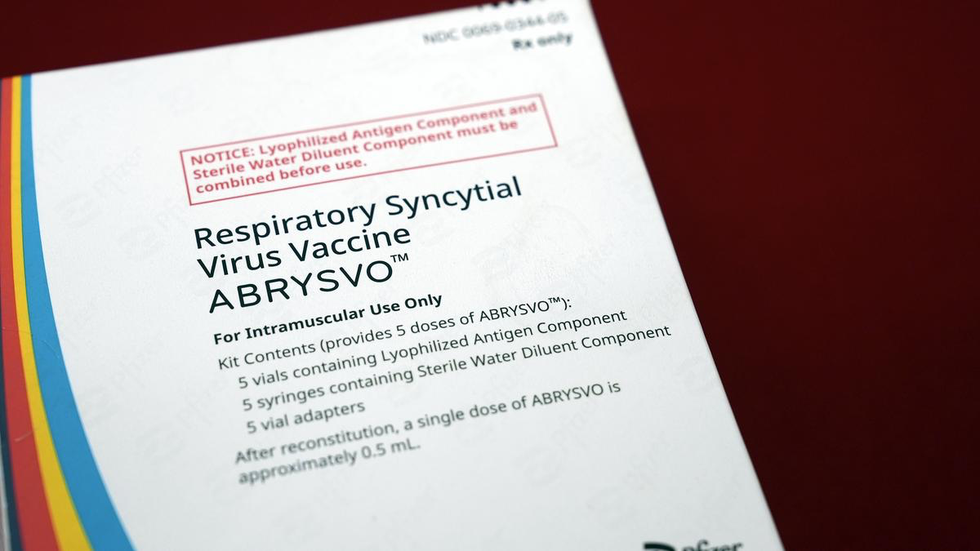About Respiratory Synctial Virus Infection:
- RSV, which typically causes cold-like symptoms, is a leading cause of severe infection and death in babies and older adults.
- Symptoms: They include a runny nose, a decrease in appetite and cough etc.
- Transmission: RSV spreads from person to person through
- The air by coughing and sneezing;
- Direct contact, such as kissing the face of a child who has RSV;
- Touching an object or surface with the virus on it, then touching your mouth, nose, or eyes before washing your hands;
- Premature infants, babies younger than 6 months old, people above age 65 and people who have a compromised immune system, chronic lung disease or congenital heart condition can get a more severe case of RSV.
- People who have an RSV infection are usually contagious for 3 to 8 days. But sometimes infants and people with weakened immune systems can continue to spread the virus for as long as 4 weeks.
- A severe infection leads to pneumonia and bronchiolitis.
